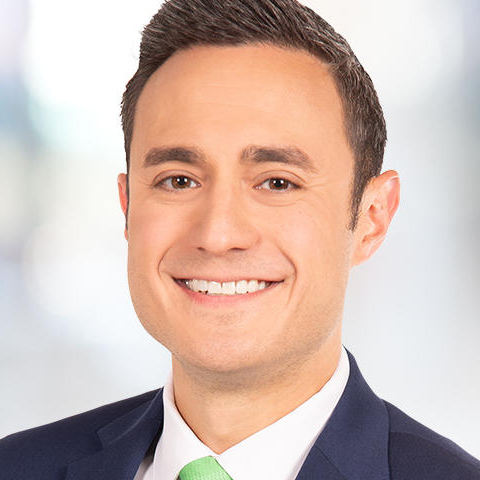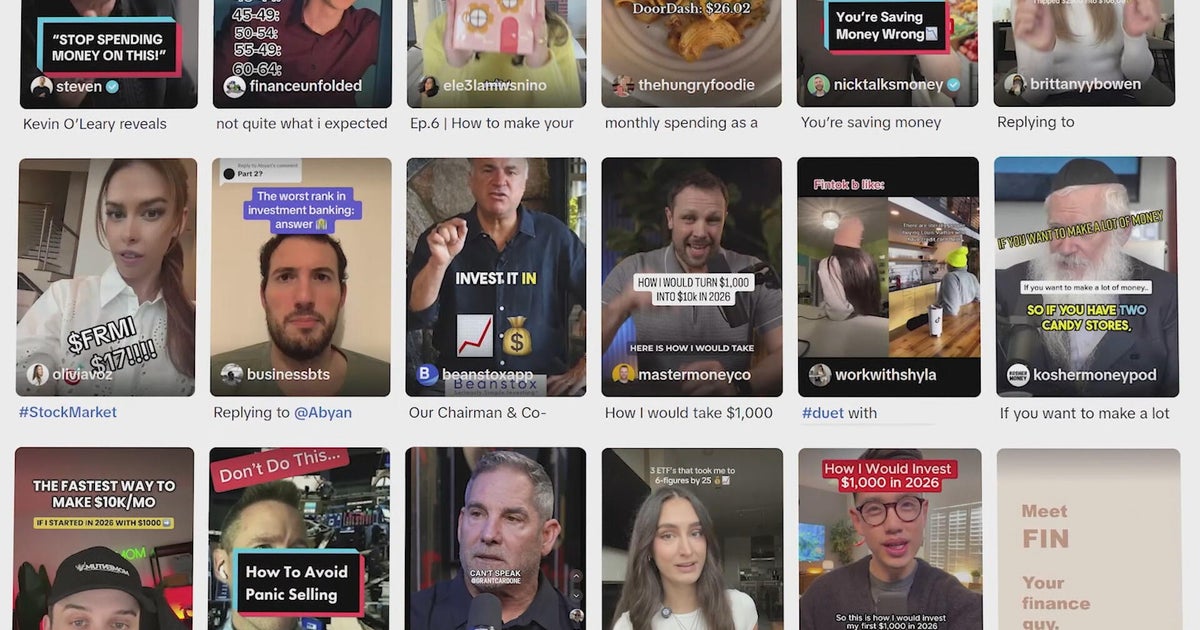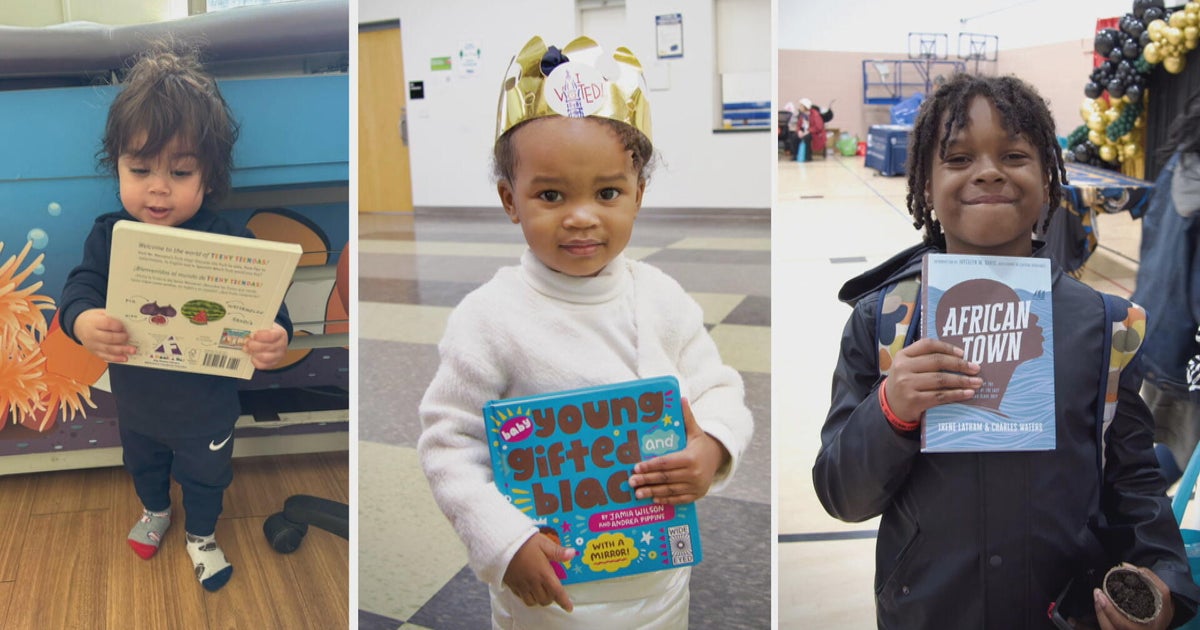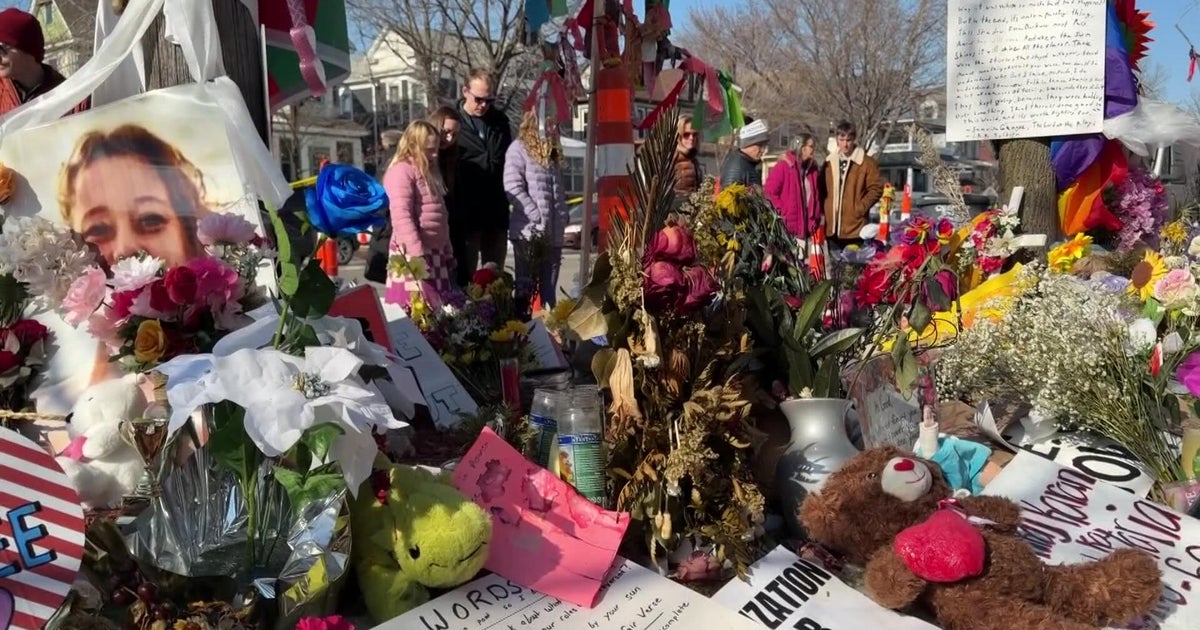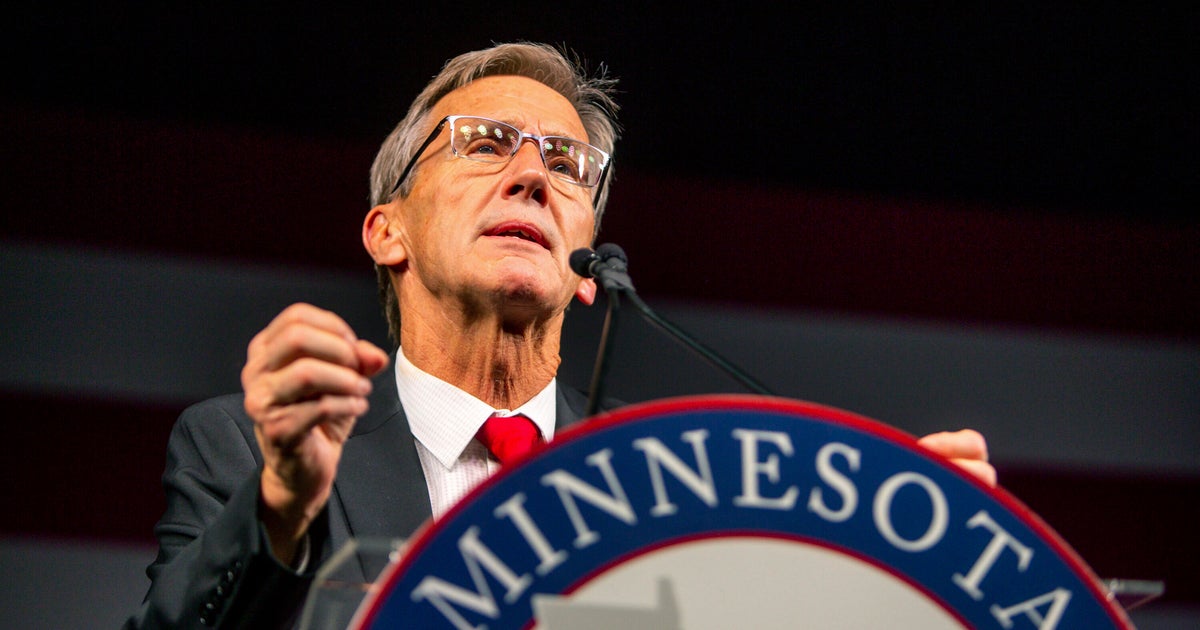When should children start using social media?
ST. PAUL, Minn. — A new Florida law bans younger children from having social media accounts. Some Minnesota parents hope our state follows suit.
At what age should kids start using social media? And should the government have a say? Good Question.
Having a drink and driving a car are well known for their legal age restrictions.
Social media is a bit more of the Wild West, but Florida's governor is trying to reign it in.
The state's new law bans children under 14 years old from social media. Kids ages 14-15 need parental consent. Platforms like Instagram and TikTok would also be required to close accounts that don't meet the age restrictions.
What's the right age for kids to start social media?
"My first thought is 15," Bill Reilly, a grandparent to 14-year-old Lily Reilly. She thinks 12 is the right age, which is also when she got a smartphone.
GOOD QUESTION: What's the cost of withdrawing early from your 401(k)?
"My 14-year-old does not have social media," said Dionne Meisterling, a mother of five children.
Dr. Sarah Jerstad, the clinical director of psychological services at Children's Minnesota, said 14 years old is a healthy age to start social media. She got that age recommendation from a study on social media and youth mental health done by the U.S. Surgeon General.
Why does 14 years old appear to be the appropriate age?
"It has to do with brain development. What we know is that age 14, we're able to start that process of reasoning," said Jerstad.
She added that 14-year-olds can better prioritize how they spend their time and hopefully have established hobbies or relationships.
"One of the concerns is that if social media becomes permanent so early, it may displace some of those other healthy activities," Jerstad said.
In the Surgeon General's study, teenagers reported spending an average of three-and-a-half hours on social media a day. Another 46% of 13-17-year-olds say it made them feel worse about their body image.
"There are so many unknowns for what social media gives your child access to," said Meisterling.
"Some people can suck you in and show you some weird stuff on the internet," said Lily Reilly. "You just need to know when to stop talking to them."
Should the government be in charge of age restrictions or should that be up to parents?
"I'm not sure. I don't mind too much government guidance," said Bill Reilly. "Not necessarily mandates, but guidance."
Meisterling agrees that structure, even if from the government, can be helpful.
"It's not a bad idea to have somebody trying to say there's some boundaries that you need to have. And if that doesn't occur to (parents) naturally, here's a reason to have to think about it," she said.
Jerstad said she won't be surprised if more states legislate age restrictions but added there are other routes to creating rules and guidelines. School districts can create policies. Even parents can work together to determine a social media plan so all their kids are on the same page.
"They might look at the content that's coming from these companies and organizations and say, let's take a look at that and let's see if we can put some restrictions on the kind of content, put some responsibility in the hands of the organizations," she said.
GOOD QUESTION: What's the difference between winter and summer gas blends?
No matter which route, Jerstad wants parents to talk with their kids before setting up accounts.
"We want the parent to say, 'I'm in this with you. This is a time where we should be having conversations if something is confusing or upsetting, I'm here to talk to you about it'," said Jerstad. "And then they can also model to their kid, 'I'm gonna put my phone down and have a conversation with you or let's go outside together and do something'."
To the see more of the Surgeon General's findings on social media and how it affects children, click here.
